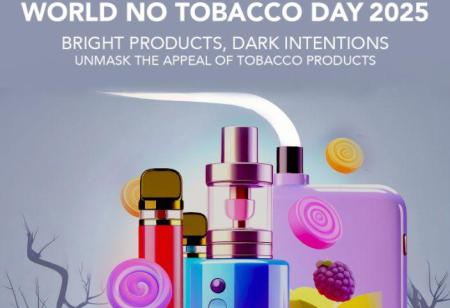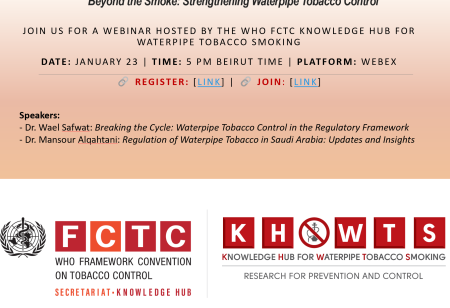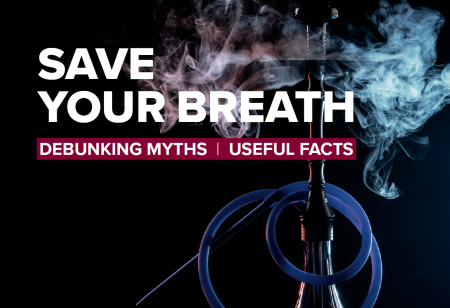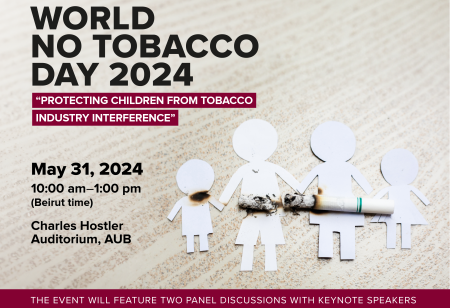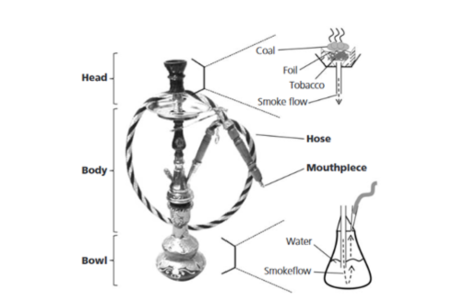
An Overview of Global Regulatory Practices in Controlling Waterpipe Tobacco Use (2017- early 2018) - 16 February 2018
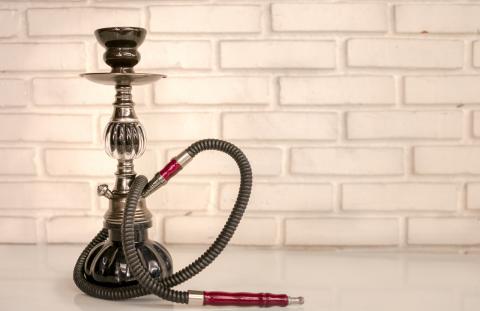

Check the full report:
WHO-FCTC-Regulatory-Practices-on-water-pipes
Executive summary
This report, prepared by the WHO FCTC Secretariat’s Knowledge Hub on Waterpipe Tobacco Smoking (KH-WTS), summarizes the global regulatory practices for waterpipe use, identifies the gaps in evidence on such practices, and provides key observations for the development of future policies that are aimed at regulating and controlling waterpipe use.
Available reports, peer reviewed manuscripts, grey literature, and policy briefs were carefully reviewed to produce this document. Experiences gained from fighting the tobacco epidemic to date, which is mostly cigarette-focused, has taught researchers, policymakers and governments that fast action is also needed to curb the waterpipe epidemic. Sufficient scientific evidence has been generated about the toxicology and harmful health effects of waterpipe smoking to justify swift action. What remains lacking is strong implementation, monitoring and enforcement of laws, policies, interventions, and rigorous evaluation pertaining specifically to waterpipe control.
Global regulatory practices
Experiences from thirty-nine countries – all but one Parties to the WHO FCTC – were reviewed. They have been identified as having regulations on waterpipe tobacco products and/or on waterpipe use. Information is also available from some of the countries on the enforcement of various measures, including those regulating health warnings on waterpipe tobacco packages, waterpipe use bans and bans in advertising, promotion and sponsorship of waterpipe tobacco. Turkey was found to have the most advanced waterpipe-specific regulations.
The information on these global regulatory practices, however, is limited and scattered in various resources. The reviewed documents also showcase the gaps between the legislations and regulations, and their implementation. This reinforces the need for appropriate documentation of implementation and evaluation. Further, reporting on how these countries benefitted from each other’s experiences, the challenges faced by the law enforcement agencies, and the lessons learned from the process were absent in most reports.
More research will also be needed to explain the process for implementation of waterpipe regulations and experienced successes, and how challenges faced during implementation were addressed. Proper evaluation is also lacking in most cases, allowing only limited assumptions concerning the effectiveness, efficiency, sustainability, as well as short-term and long-term impact of these actions.
Check the full report:

